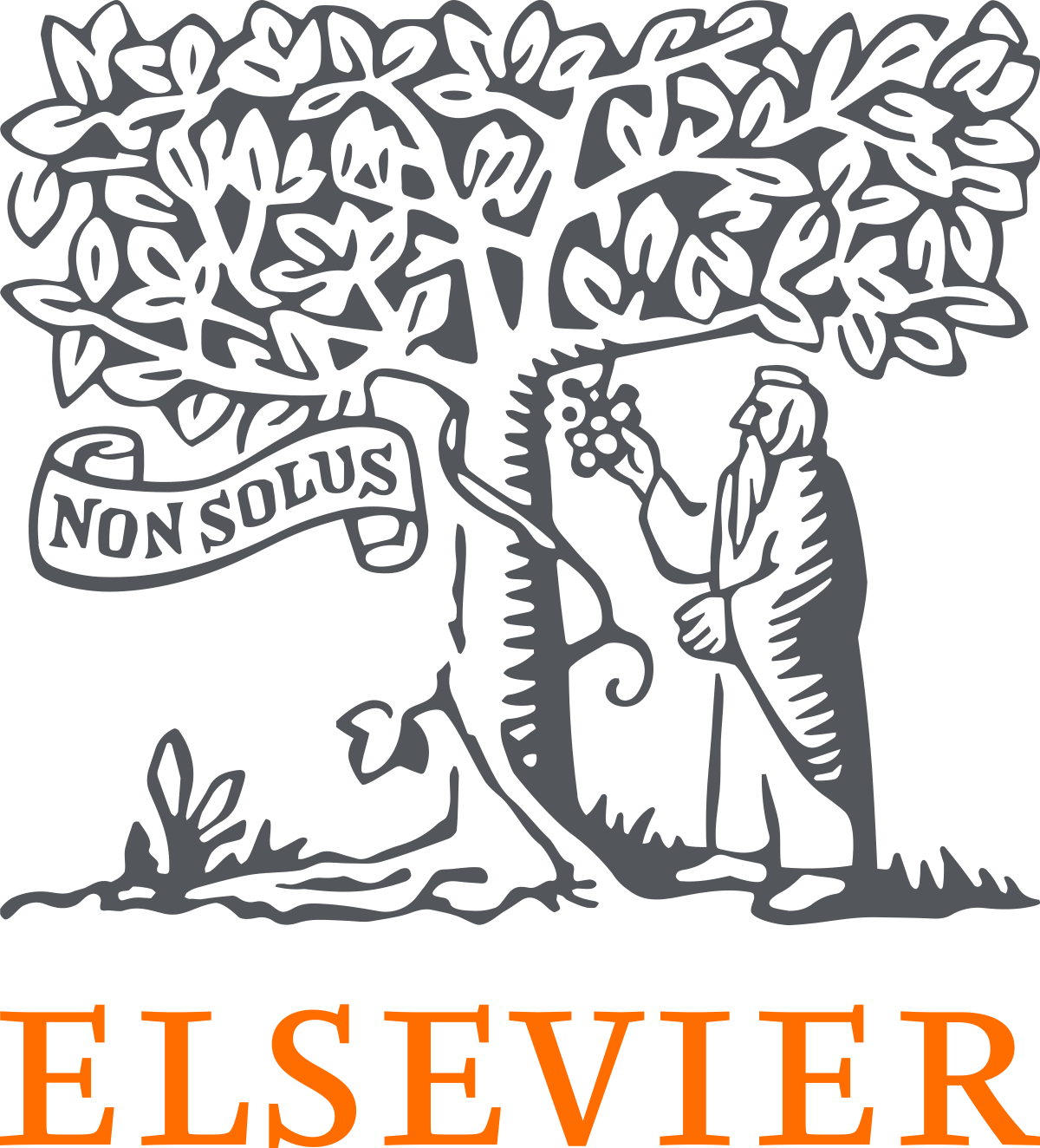International Conference on Innovations in Pharmaceutical and Critical Care Diagnostics (IC-IPCCD)

Articles
An efficient method for predicting a consumer behavior using Logistic Regression algorithm and Apriori algorithm.
LEKSHMI MOHAN, MONISHA DEVARAJAN , Dr. Firas Jamil ALotoum, Dr.Majdi Alsaaideh, KDV PRASAD , Dr. Natrayan L ,
Year: 2023 | Conference Paper | Publisher: Scitech Conference Xplorer
Abstract:
A comparative analysis of AI techniques for fraud detection in financial transactions using Logistic Regression algorithm and Random forest algorithm.
Gunawanwidjaja, Radha T, Dr.RupamSoni, Kuldip Sharma, MS.M.E Devashree, Dr. Natrayan L,
Year: 2023 | Conference Paper | Publisher: Scitech Conference Xplorer
Abstract:
Investigating Magneto-Resistive Effects in Compensated Silicone Materials: An AI-Enhanced Exploration of Techniques
Isroilov Fakhriddin Muradkasimovich , Shertailakov Gayrat Murodovich, Rakhmonov Furkat Abdukhakimovich , Abdurakhmanov Aziz Abdukhalikovich ,
Year: 2023 | Conference Paper | Publisher: Scitech Conference Xplorer
Abstract:
Photocatalytic Degradation of Congo Red Dye Using Graphene-BiFeO3 Nano Composite: Enhancing Secure Communication with Blockchain Technology.
Pappu Kumar, Raj kumar gupta,
Year: 2023 | Conference Paper | Publisher: Scitech Conference Xplorer
Abstract:
Applicability of Machine Learning in Process Industry: A Review
Suchita Walke, Jagdish W .Bakal,
Year: 2023 | Conference Paper | Publisher: Scitech Conference Xplorer
Abstract:
Integrating Machine Learning in Teaching and Education
Dr Baig Muntajeeb Ali,
Year: 2023 | Conference Paper | Publisher: Scitech Conference Xplorer
Abstract:
Detecting Driver Somnolence with Deep Learning: Advancements in Driver Safety and Alertness Monitoring
Peddinti. Neeraja, Dr. R G KUMAR, Dr.M. Sunil Kumar, Dr KaziKutubuddin Sayyad Liyakat, Ms. M. Sowmya Vani,
Year: 2023 | Conference Paper | Publisher: Scitech Conference Xplorer
Abstract:
Enhancing Accessibility: Image Captioning for Visually Impaired Individuals in the Realm of ECE Advancements
Qazi Mohd Iqbal Hussain Anwar, Ch V S Satyamurty, Rakesh Kumar Godi,
Year: 2023 | Conference Paper | Publisher: Scitech Conference Xplorer
Abstract:
Philosophical and Legal Analysis of Law in the Context of Advanced Antenna Systems for Beamforming and Massive MIMO.
Shayakubov Shomansur, Sultanova Aziza,
Year: 2023 | Conference Paper | Publisher: Scitech Conference Xplorer
Abstract:
SYNERGY OF CURRENT KNOWLEDGE IN PHYSICS, AGROMETEOROLOGY AND MODERN TECHNOLOGIES IN AGRICULTURE
A.B.Kamalov, S.U.Ashirbekova, M.P.Serimbetova, Sh.J.Baymuratov, B.Sh.Aytmuratov, M.Eshbaeva,
Year: 2023 | Conference Paper | Publisher: Scitech Conference Xplorer
Abstract:
International Conference on Sustainable Energy and Materials Engineering (ICSEME)
International Conference on Biomedical Robotics and Computational Imaging (ICBRCI)
International Conference on Smart Cities and Civil Infrastructure (ICSCCI)
International Conference on Aerospace Technologies and Data Science (ICATDS)
International Conference on Renewable Resources and Chemical Engineering (ICRRCE)
International Conference on Cyber-Physical Systems and Electrical Engineering (ICCPSE)
International Conference on Robotics in Manufacturing and Environmental Engineering (ICRMEE)
International Conference on Advanced Materials and Mechanical Engineering (ICAMME)
International Conference on Nanotechnology for Electrical Systems (ICNES)
International Conference on Geotechnical Innovations and Computer-Aided Design (ICGICAD)
International Conference on Water Resources and Environmental Engineering (ICWREE)
International Conference on Intelligent Transportation Systems and Structural Engineering (ICITSE)
International Conference on Sustainable Energy and Materials Engineering (ICSEME)
International Conference on Biomedical Robotics and Computational Imaging (ICBRCI)
International Conference on Smart Cities and Civil Infrastructure (ICSCCI)
International Conference on Aerospace Technologies and Data Science (ICATDS)
International Conference on Renewable Resources and Chemical Engineering (ICRRCE)
International Conference on Cyber-Physical Systems and Electrical Engineering (ICCPSE)
International Conference on Robotics in Manufacturing and Environmental Engineering (ICRMEE)
International Conference on Advanced Materials and Mechanical Engineering (ICAMME)
International Conference on Nanotechnology for Electrical Systems (ICNES)
International Conference on Geotechnical Innovations and Computer-Aided Design (ICGICAD)
International Conference on Water Resources and Environmental Engineering (ICWREE)
International Conference on Intelligent Transportation Systems and Structural Engineering (ICITSE)
International Conference on Sustainable Energy and Materials Engineering (ICSEME)
International Conference on Biomedical Robotics and Computational Imaging (ICBRCI)
International Conference on Smart Cities and Civil Infrastructure (ICSCCI)
International Conference on Aerospace Technologies and Data Science (ICATDS)
International Conference on Renewable Resources and Chemical Engineering (ICRRCE)
International Conference on Cyber-Physical Systems and Electrical Engineering (ICCPSE)
International Conference on Robotics in Manufacturing and Environmental Engineering (ICRMEE)
International Conference on Advanced Materials and Mechanical Engineering (ICAMME)
International Conference on Nanotechnology for Electrical Systems (ICNES)
International Conference on Geotechnical Innovations and Computer-Aided Design (ICGICAD)
International Conference on Water Resources and Environmental Engineering (ICWREE)
International Conference on Intelligent Transportation Systems and Structural Engineering (ICITSE)

+91 9888374777
icmsetm@scitechconference.org







